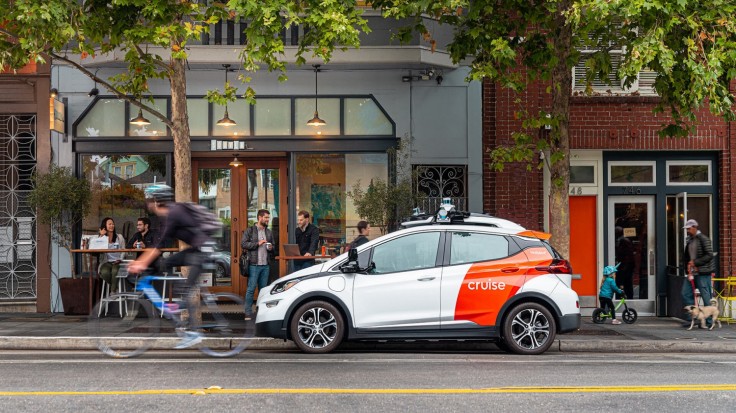Driverless cars or autonomous vehicles are now seen in progressive cities. This type of vehicle can navigate and operate without a human presence in the car, aside from the passenger. They are known for relying on advanced sensor technology, cameras, and radar.
As part of the fast progression of artificial intelligence, AVs are capable of making decisions similar to a human driver and have a fine perception on the road. According to AV companies, driverless cars promote road safety and can reduce man-made accidents.
While there are still reservations and concerns about AVs, do note that they are just starting to develop and not many countries have had the first-hand experience to try it. Regardless, it is possible that in the future the world will be shifting to AVs.

Here are some of the potential impacts if society transitions to AVS:
Improved Road Experiences
As mentioned, one of the primary goals of developing AVs is to reduce road accidents and fatalities. With the use of advanced technology, cars are navigating the road through machine learning algorithms and advanced sensors. Incidents such as drunk driving, speeding, and distracted driving will potentially be reduced.
Since AVs can communicate with each other and receive real-time traffic data, they can re-route and avoid going into a heavily congested road. Driverless vehicles can operate closer together and even go at a higher speed.
Less Pollution, More Greener Surroundings
AVs are usually powered by electric and hybrid powertrains. This means that it can easily eliminate air pollution caused by the fuels that are used by motor vehicles. As we all know, greenhouse gas emissions are the primary cause of global warming. AVs can be a more eco-friendly option if we want to slow down climate change.
In addition, it can also lead to changes in the urban design. Large parking lots could be transformed into green areas, public transportation, and mixed-use developments. However, this is only possible once there is widespread adoption of AVs.
Increased Mobility
Many people require assistance when using public transportation. Although most of the services have a designated special segment for people in priority, it would still feel different if people could drive around the city like other people would.
Driverless cars will open a new way for people such as the elderly, disabled, and those without driver's licenses to roam around and have some sense of independence. At the same time, this will also promote better accessibility for this segment.
Impact on Jobs
However, since the main idea of AVs is having no driver, this means that people who have been relying on such services will be heavily affected by it. They could get laid off by their companies as they will be replaced. This poses a risk for a job displacement which could leave a hole in the economic progress of a country.
On the other hand, there are companies who employs operation staff. These people are responsible for assisting the AVs should they need assistance. This could be a potential alternative for the drivers as they know the road better than any machine could learn.
Ethical and Legal Battle
The complexity of AVs mirrors the complex ethical and legal issues that they would face. Despite its safety promises, there have been cases wherein accidents occur due to driverless vehicles. It is important that before fully transitioning into a new type of service, the world is already prepared with its regulations and legal frameworks that would protect the passengers.
The rules of accountability and ethical decision-making by AVs during emergency situations and accidents would require extensive drafting of legal frameworks.









